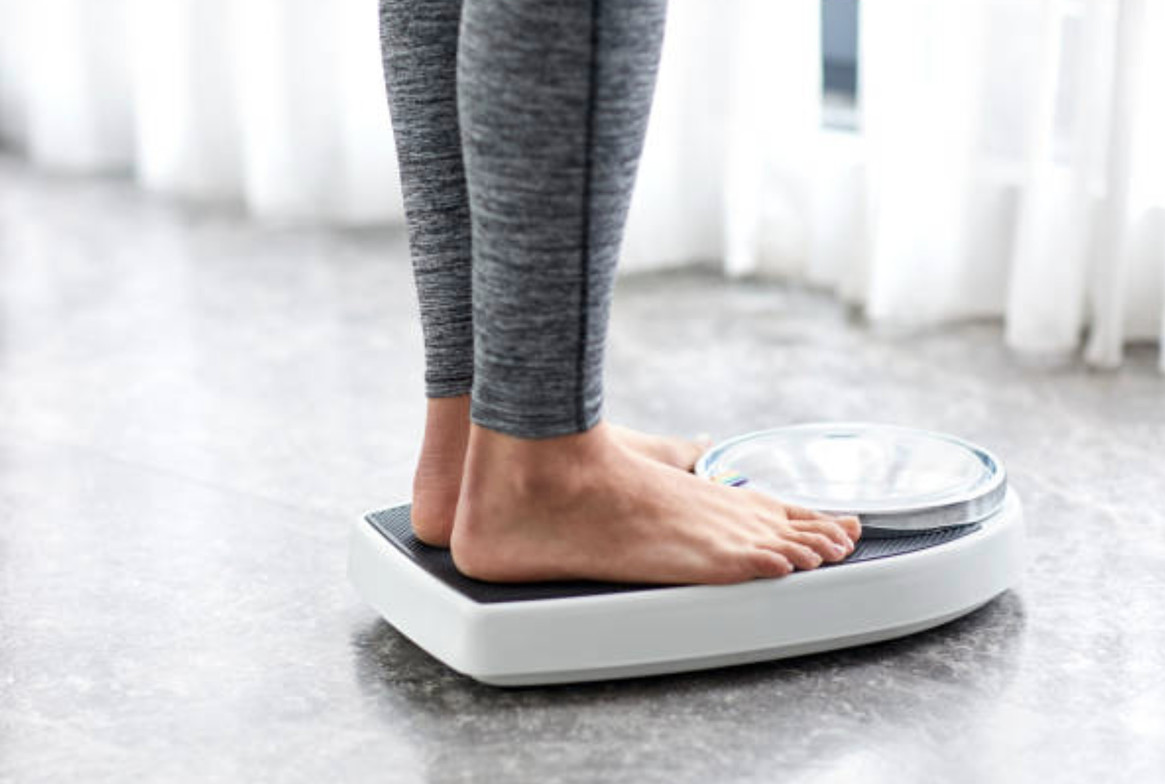
In today’s fast-paced world, keeping weight in check can be challenging. While diet and exercise are pillars of weight management, many people are turning to alternative therapies for additional support. Acupuncture, a practice rooted in traditional Chinese medicine, offers a unique approach to harmonizing the body and mind in the journey towards maintaining a healthy weight.
Harmonizing Body and Mind
Acupuncture focuses on balancing the body’s energy systems, known as “qi” (pronounced “chee”). When these energy pathways are harmonious, the body functions optimally, contributing to overall well-being. By inserting thin needles into specific points on the body, acupuncture aims to restore this balance, potentially reducing stress and supporting healthy weight management.
Supporting Stress Reduction and Emotional Well-being
Stress is a major factor in weight gain and retention. Many individuals experience “emotional eating,” where stress and negative emotions drive them to consume unhealthy foods. Acupuncture has been noted to help alleviate stress by promoting relaxation and calming the mind. When you’re less stressed, you’re less likely to overeat or make unhealthy food choices.
Enhancing Digestive Health
A healthy digestive system is crucial for maintaining a balanced weight. Acupuncture is believed to support digestive health by regulating the functions of the stomach, intestines, and other related organs. This regulation can potentially improve nutrient absorption and facilitate a more efficient metabolism, helping the body process food more effectively.
Encouraging a Holistic Lifestyle Approach
Incorporating acupuncture into a weight management plan encourages a holistic approach to health. This doesn’t just involve a single treatment but a lifestyle that emphasizes well-being on multiple fronts. Alongside regular acupuncture sessions, focusing on balanced nutrition, adequate physical activity, and mindfulness practices can create a synergistic effect, making weight management more achievable and sustainable.
The content in this blog is for informational purposes only and is not a substitute for professional medical advice, diagnosis, or treatment. Always consult your doctor or a qualified healthcare provider before trying new healthcare protocols.



